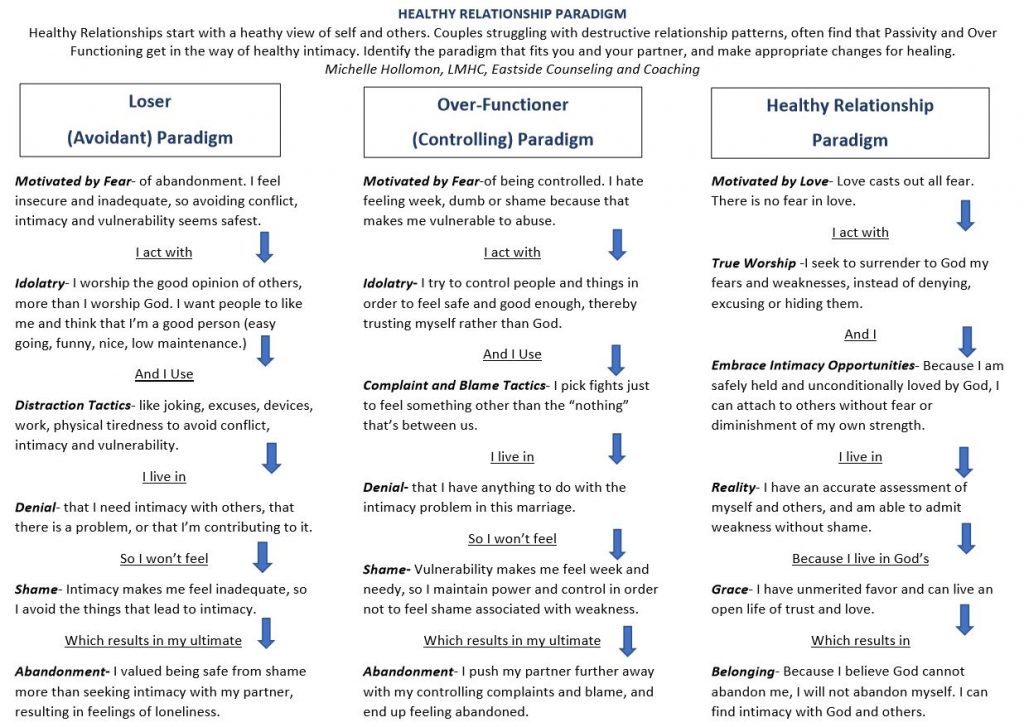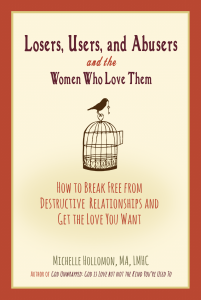Have you ever been in an argument with someone you love where the end result was worse than the thing you were actually fighting about? Maybe there is a stale mate, or the silent treatment, or maybe no resolution at all. Relationships can only exist if they can navigate differences inherent in the relationship. If the relationship can’t navigate, resolve, synergize the differences among the people involved, it languishes and dissolves. Simply stated, we either work together, or we don’t.

But it doesn’t have to be this way.
There are a few simple rules I like to employ when resolving conflict well.
- It’s the Process, not the Content. Most people who engage in relationship have a sense of shared values and goals. Relationships with shared values and goals usually don’t get caught up in the content of disagreement as much as the way its being carried out. For example, a married couple both value their children’s well being in general (content) but disagree on how (process) their well being is achieved. If the couple can see the shared value that binds them together, they can more easily navigate the execution of that value. When we believe that we have more in common (our values and goals) than not, we get creative about how to meet those values and goals together. The process of resolving conflict is a necessary means toward intimacy, growth and togetherness. Doing it well makes you feel more together.
- Face the Conflict Together. People often feel like the conflict is between two parties as in us vs. them. We are the good, the right, the reasonable and they are the bad, the wrong, and off. But a better way to look at conflict is us together vs. the conflict. As if saying to your partner, “it’s you and me together baby, with a problem to solve.” The trouble is when we view the other person as the problem. We say or think things like, “If he would only change,” or “she’s the one who starts fighting,” or “I’m not the one with the problem, they are.” These kind of thoughts or statements put us in one corner of the boxing ring, glaring at the other person in the other corner. Then we duke it out to see who is left standing. The better way is to see conflict resolution as two scientists curing cancer. The cancer is there under our microscope, and we have to come up with some treatments to cure it.
- Say the Things Left Unsaid. When people argue in relationships, its usually over things that touch a nerve. All conflicts can be boiled down to their essence. Want to sit in my seat for a minute? Psycho-analyze the next few statements, and I’ll give you my conclusions too.
- When you hear her complaining about him not doing enough around the house, what is really going on underneath? If you guessed abandonment feelings, you’re right! She feels all alone in the marriage when she cooks, cleans, puts the kids to bed by herself. She feels abandoned.
- When you hear him complaining that she is never satisfied and nothing he does is ever enough, what is really going on? If you guessed significance issues, you’re right! Underneath those statements, he really feels insignificant and inadequate.
- When you hear her complain about him spending too much money, what is she really saying? If you said security and safety, you’re right! (you’re so smart!) What she is really saying is, “I am terrified that I will not be safe and secure financially.”
- When you hear him complain about her babying the children too much, what is really going on? Abandonment again. He is afraid that she will attach to the children more than him, leaving him alone and unloved.
The presenting issue is never the real issue, it’s always the soft underbelly of people’s vulnerabilities that are really the issue. Naming these things can help each have compassion for the other.
4. Soul Search. As we see in the examples above, the deep roots of pain usually have something to do with feeling insignificant, feeling alone and unloved, or feeling controlled and abused. These are often fueled by wounds from the past, and are largely unconscious. We think we are fighting about the kids, or the chores, or the money. But really we are fighting about our fears of abandonment, insignificance and being controlled. You may be tempted to identify your partner’s core fears and focus on those. Don’t. That’s not your job. Instead, focus on your core fears. Identify them, attend to them and make a plan to heal them. When you acknowledge and attend to your own needs, you will feel more empowered, less sensitive or triggered, and more in control.
5. Seek Intimacy. Ready for the hardest part? Once you’ve identified your fears and insecurities, and when you feel safe doing so, share them with your partner. Nothing disarms an arsenal of firepower more than vulnerability. Saying something like, “Ya know when I got angry about the credit card? What was really happening for me, was that I felt really scared and out of control. I felt unimportant and small.” After you share this, you give your partner the opportunity to empathize with you instead of defend his/her actions. It puts you on the same side again. It identifies the problem as fear, not the other person.
6. Know When to Cut Your Losses. I feel like I need to add this one, because some of you have been at this conflict resolution thing for a long time with few or no results. What if the other person in the relationship is not committed to this process, is not willing to Soul Search, is not willing to problem solve or be on the same team? It’s important to know when enough is enough, and to realize you can’t fix a broken relationship by yourself. It takes two. You are responsible to be respectful and to be loving, but you are not required to overlook bad behavior, put up with abuse of any kind or to do the other person’s job for them.
If you need a more in depth resource for achieving intimacy, resolving conflict and having happier relationships, check out my book . It is full of examples, stories, and strategies to help you become a healthier, happier you.
If you’re in the Seattle area, there is a great workshop I’d like you to know about. The name of this two day conference is “Is Childhood Trauma Intruding into Your Relationships?” Discover the Fullness of Joy You Are Create to Experience with keynote speakers, Dr. Bill & Pamela Ronzheimer, Marriage Reconstruction Ministries. I’ll be there too! Click Here for more information.



 Need more in depth help to get to healthy emotional intimacy? Here is a resource designed to help achieve healthier intimacy in relationships.
Need more in depth help to get to healthy emotional intimacy? Here is a resource designed to help achieve healthier intimacy in relationships.






